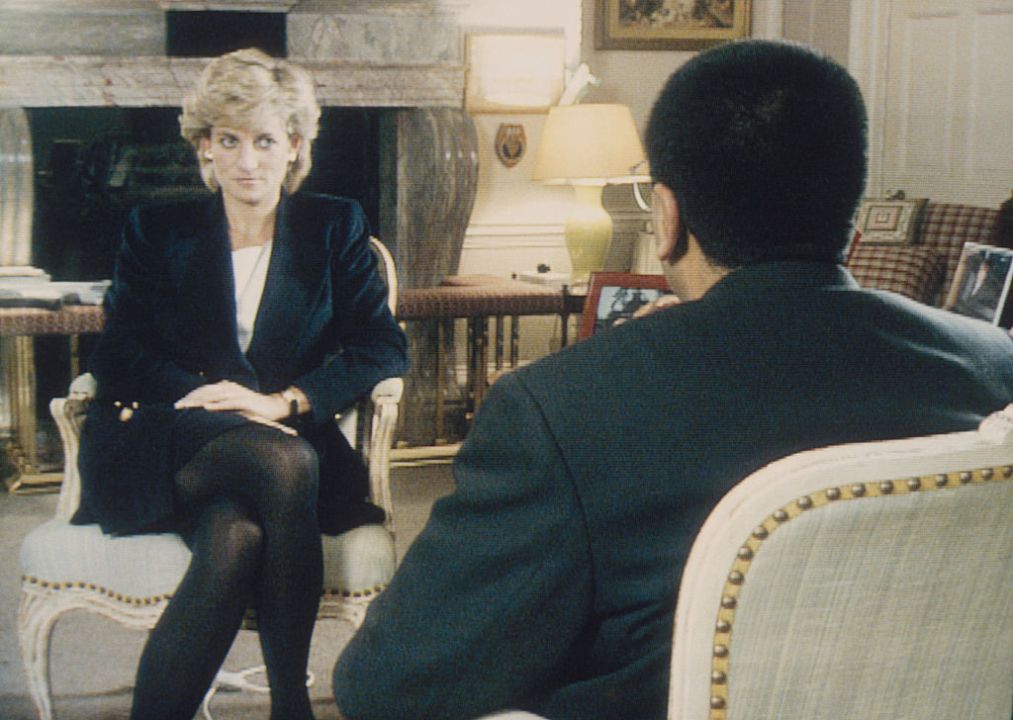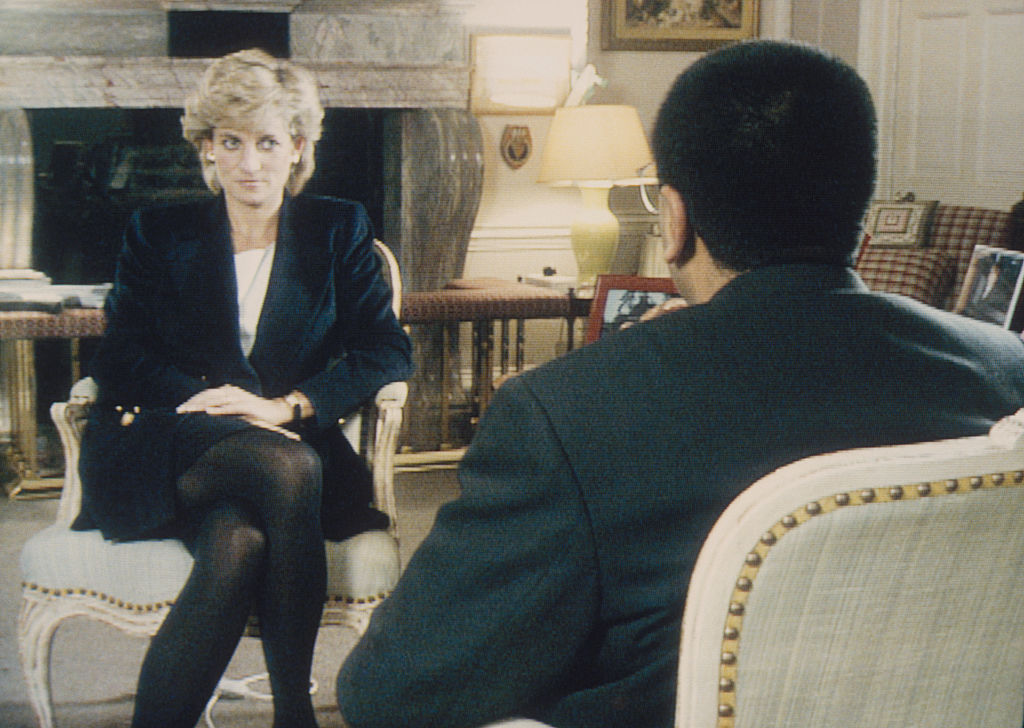When, as a snivel-nosed provincial reporter, I arrived at the Sunday Pictorial (now the Sunday Mirror) the news editor gave me a lengthy briefing, a huge unlit cigar rolled around his mouth:
‘This not the Croydon Advertiser Tom’, he advised. ‘I don’t want reporters. I want operators. When you do the big story for me, you don’t cover the story you inhabit it. You wear it like a coat; it becomes your entire life. Forget your marriage, holidays, private time, weekends off… You become the chauffeur, the buyer of drinks and dinners and bunches of roses. Then, slowly you become the dry shoulder, helpful adviser, the trusted confidante. Soon you know more about the story than all the protagonists combined. They begin to trust, rely and eventually depend on you. If the story requires you to do your duty as a man please disguise the cost of the condoms on your expenses. I’ll give you all the time, all the money and I’ll cover for you to your wife. Just make sure that you come back with the splash – or you’re out.’ I know, I know, but it was 1956.
I worked with Bashir for several years at BBC Panorama. Martin could take off your trousers without touching your belt. He was, by the most hideous standards of Fleet Street, the true Master
Yet it now emerges that I was but a parish newsletter reporter compared to Martin Bashir, of the notorious Princess Diana interview. I worked with Bashir for several years at BBC Panorama. Martin could take off your trousers without touching your belt. He was, by the most hideous standards of Fleet Street, the true Master.
This week, a new book by Andy Webb, a former BBC television reporter, reveals in grim detail how Bashir set about obtaining his interview with Diana. Bashir played brilliantly to her total and sometimes justified paranoia, making her believe her enemies wanted to kill her, her telephones were bugged and MI5 were monitoring her. He created a world of tabloid headlines and endless conspiracies. During long evenings cooking spag bol in her kitchen, and on even longer car rides to the New Forest, Bashir planted more and more seeds of doubt in her fearful mind. Bashir soon became one of her most trusted friends and confidantes.
Then it was revealed by the Mail on Sunday in 1996 that he had forged documents to obtain his interview with the Princess the year before. Someone, I cannot imagine who, broke into the home of the BBC graphic artist who had made the forgeries and stole the floppy disc they were stored on. The burglar charmingly left a faecal signature in the flat’s toilet. The graphics artist subsequently sold his story to the MoS and a nuclear bomb detonated under Broadcasting House.
Shortly after the story broke, Bashir was brought in for questioning at the BBC and confronted with the evidence of his guilt. He broke down sobbing, melting the heart of the hugely gullible Head of News and Current Affairs, Tony Hall. Hall subsequently failed to disclose to the BBC’s Board of Governors that Bashir had deployed the forgeries to get the interview. He even described Bashir as an ‘honest and honourable man.’
Eventually, Bashir confessed to the BBC’s head of weekly Current Affairs, Tim Gardam, that yes, he had lied to everyone about not showing the forged bank statements to Princess Diana’s brother. The game should have been up. Gardam, a totally honest man, was horrified. He immediately informed Tony Hall. But the Corporation, now frozen with fear, decided to conceal the truth from the world. It remained hidden until ITV released a documentary which reignited the scandal in 2020.
We were horrified about Bashir’s behaviour inside the Corporation. Before the story broke, when we first found out about the forgeries, three of us on Panorama went to warn Steve Hewlett, the then-programme editor of the possible storm if the truth reached Fleet Street. He said ‘This is none of your fucking business’ and ordered us out of his office.
We were then called ‘jealous colleagues’ by the BBC press office after we spoke up. (In fact, weeks before, when I heard on the radio that Bashir had secured the scoop, I got off a train just to telephone him with my congratulations.) Years later we all received handsome payments from the BBC for their official smears plus a personal apology from the BBC’s current Director General.
Still, serious questions remain to this day about the way the Corporation covered up the scandal. We are asked to believe, for example, that John Birt, then the BBC’s DG and overall Head of News and Current Affairs was never told that Bashir was a liar – something he has consistently denied. Birt was an executive obsessed with every detail of his BBC empire. He once personally corrected a single line in one of my Panorama scripts. Was he really not told that the biggest scoop in the history of the Corporation was based on deceit and lies? Really?
It is crucial to understand that no Panorama reporter ever works without a producer who is his boss and supervisor. I made 121 episodes, each one under the complete control of my producer whose job was to take full responsibility for my behaviour and every penny spent on the film. The producer would then report to the programme editor that the film was safe.
Bashir was under the complete control of his producer. But, and it’s a huge but, his producer was the editor of Panorama himself, Steve Hewlett, my old boss. Hewlett is a journalist for whom I had and retain the utmost affection. But by becoming Bashir’s producer, he removed the crucial firewall between producer and editor, created precisely to protect the BBC against bent reporters.
This perhaps explains the lengths the BBC went to in order to bury the story. Once it knew the truth about Bashir, it could easily have turfed him out. But what to do about his producer who carried full editorial responsibility for the disaster? They couldn’t just hang out to dry the editor of Panorama, then one of the most powerful journalists in Britain. That would seriously tarnish the BBC’s most influential current affairs programme, along with all the BBC brass right up to the DG himself.
So Bashir eventually took the full brunt, and the BBC simply airbrushed Hewlett out of the entire plot. To this day it has failed to produce one single internal memo written by or to Hewlett during the biggest scandal in its history. As for Tony Hall, his inept investigation into Bashir didn’t stop him from rising to BBC Director General.
Why did this institution suddenly turn rogue and spend a fortune lying, deceiving, dissembling and evading? Was this all just to defend one bent reporter? I don’t think so. And so the conspiracy continues.








Comments